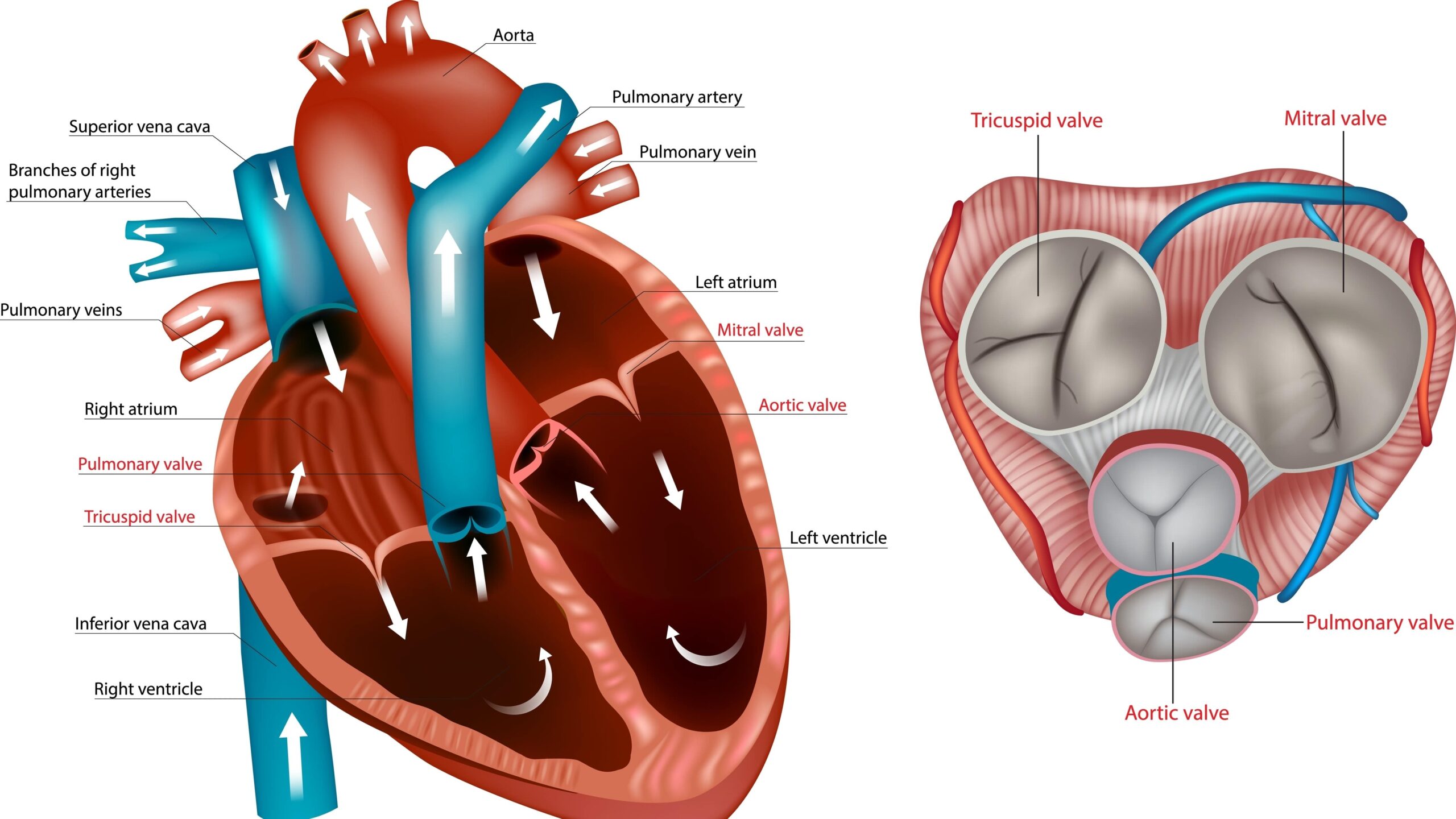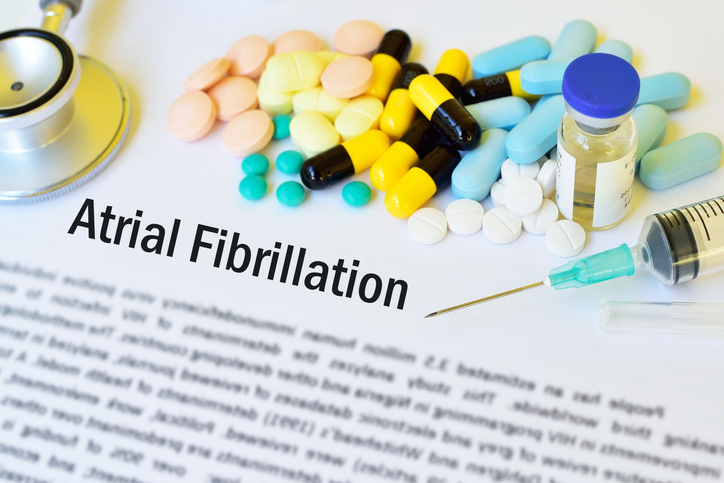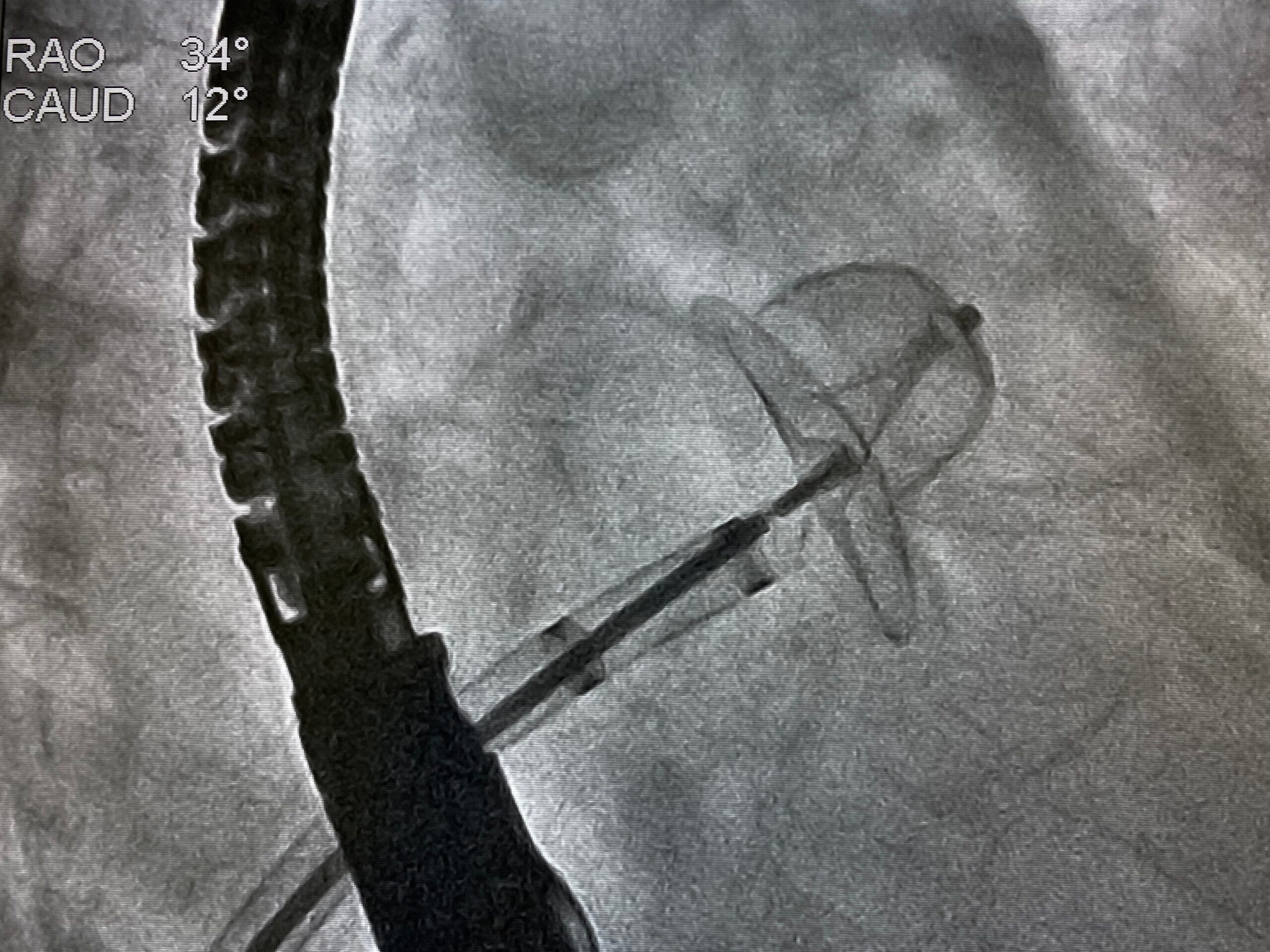
In a study, published in the Journal of Thoracic Disease, researchers compared long-term outcomes of patients who underwent a redo left-sided valvular surgery with or without a concurrent surgical ablation for atrial fibrillation (AF). They noted the safety and efficacy of performing surgical ablation during open-heart surgery is controversial due to longer operation times and potentially increased rates of perioperative morbidities.
According to the study’s lead author, Yoonjin Kang, patients who received concurrent surgical ablation for AF during repeat open-heart surgery for left-sided valve disease showed improved overall survival (OS), increased rate of sinus conversion, and reduced rate of thromboembolism and major bleeding.
Ablation During Open-heart Surgery Improved Long-term Outcomes
The study enrolled 13 patients with paroxysmal AF, 76 with persistent AF and 135 with long-standing persistent AF. A total of 73 patients (mean age, 54.1 ± 11.3 years) had AF ablation during left-sided valvular surgery and 151 (mean age, 58.4 ± 11.1 years) did not.
The primary end points were early and 10-year clinical outcomes between patients who did or did not have concomitant ablation for AF. Overall, the cohort had a median follow-up of 123 months (range, 1.0-249.5 months).
Investigators reported the rate of early in-hospital mortality was not significantly different between the groups at 5.5% in the concurrent ablation group and 9.3% in the nonablation group (P=.474). The rate of postoperative complications was also similar, except for low cardiac output syndrome, which was higher in the nonablation group (11.0% vs 23.8%; P=.036).
The concurrent ablation group had increased OS (hazard ratio [HR], 0.452; 95% CI, 0.218-0.936; P=.032) compared with the nonablation group; however, the incidence of recurrent AF was significantly higher in the concurrent group (HR, 3.44; 95% CI, 1.987-5.950; P<.001).
Authors estimated the cumulative incidence of composited thromboembolism and bleeding events was lower in the ablation group compared with the nonablation group (HR, 0.338; 95% CI, 0.127-0.897; P=.029).
Ultimately, the study’s investigators suggested a “concomitant [surgical ablation] procedure may be considered in patients undergoing redo cardiac surgery.”
Find More Recent Research and Expert Interviews in Cardiology







 © 2025 Mashup Media, LLC, a Formedics Property. All Rights Reserved.
© 2025 Mashup Media, LLC, a Formedics Property. All Rights Reserved.